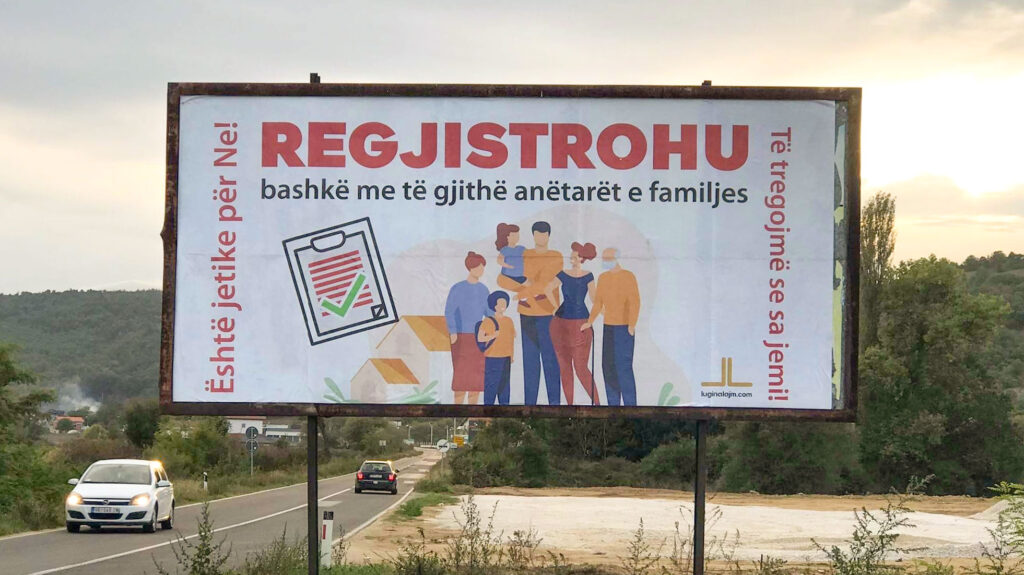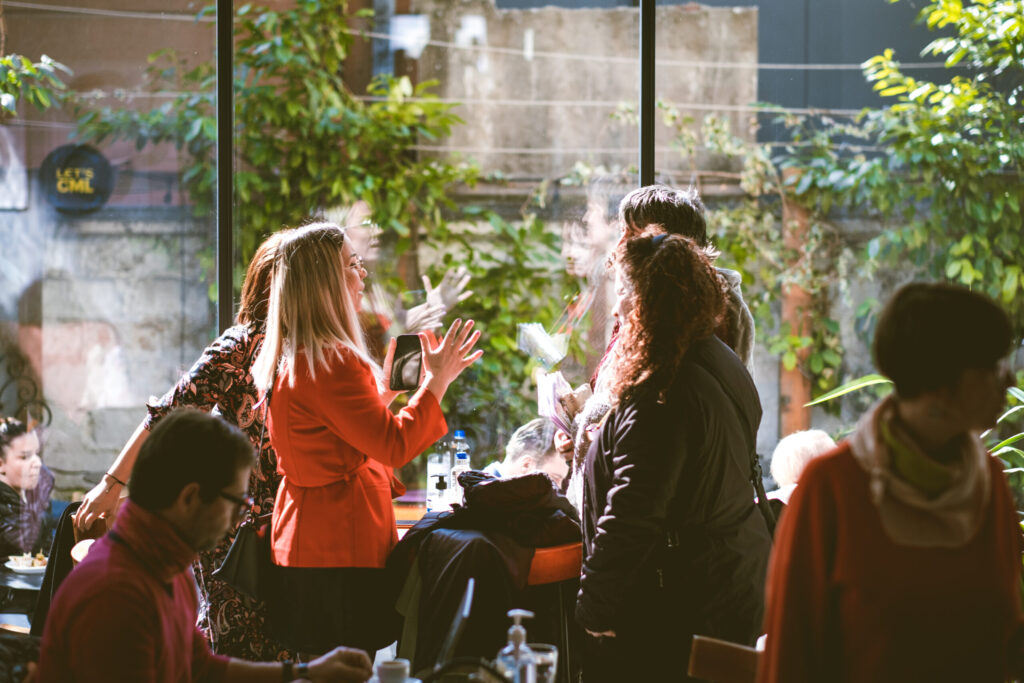Peaceful Change initiative has been working in the Western Balkans since 2020, with a focus on Serbia and Kosovo.
We work side by side with activists, journalists, and civil society organisations to increase the diversity of voices calling for peace and the effectiveness of those working to make peace happen. We build networks and relationships across conflict divides, building common ground on issues of mutual concern. We also help local voices to be heard within national and international decision-making circles.
For example, we have helped establish partnerships between media companies operating in different languages, a fellowship scheme for journalists, a media award for positive journalism, and a series of dialogues between journalists aimed at identifying effective approaches to counter conflict-generating messages.
"This award is exceptionally valuable because it promotes professionalism, respect for the journalists’ ethical code and – primarily – tolerance and dialogue in Serbia’s media scene. Awarding those people who do not dehumanise “the other” and keep their eyes open to the reality is a bridge building exercise between nations. It is also the right alternative to a heated media atmosphere and helps to cool those negative passions.” Media Award winner, Serbia



